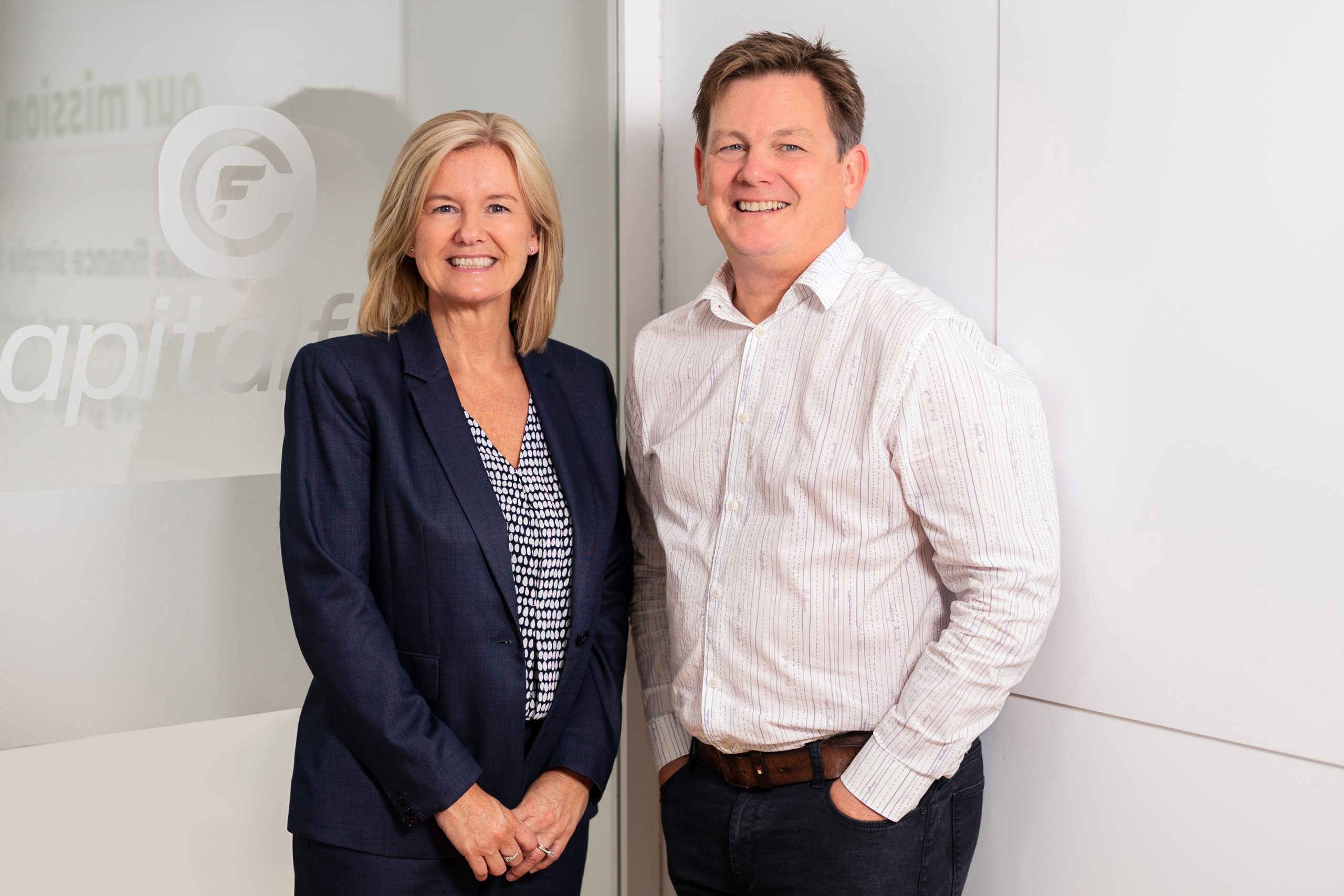The boardroom of Capitalflow on Baggot Street in the heart of Dublin 2 overlooks the former headquarters of Bank of Ireland. Now occupied by the Department of Health and owned by the beef tycoon Larry Goodman, the building’s bronze manganese frame, designed by Scott Tallon Walker, is visible through the window. The pillar bank may no longer be housed there (it has moved a few hundred metres down the road), but it serves as a physical reminder of the banking landscape that Capitalflow, an alternative lender, is determined to disrupt. Ronan Horgan, the chief executive of Capitalflow, sits on one…
Cancel at any time. Are you already a member? Log in here.
Want to read the full story?
Unlock this article – and everything else on The Currency – with an annual membership and receive a free Samsonite Upscape suitcase, retailing at €235, delivered to your door.

